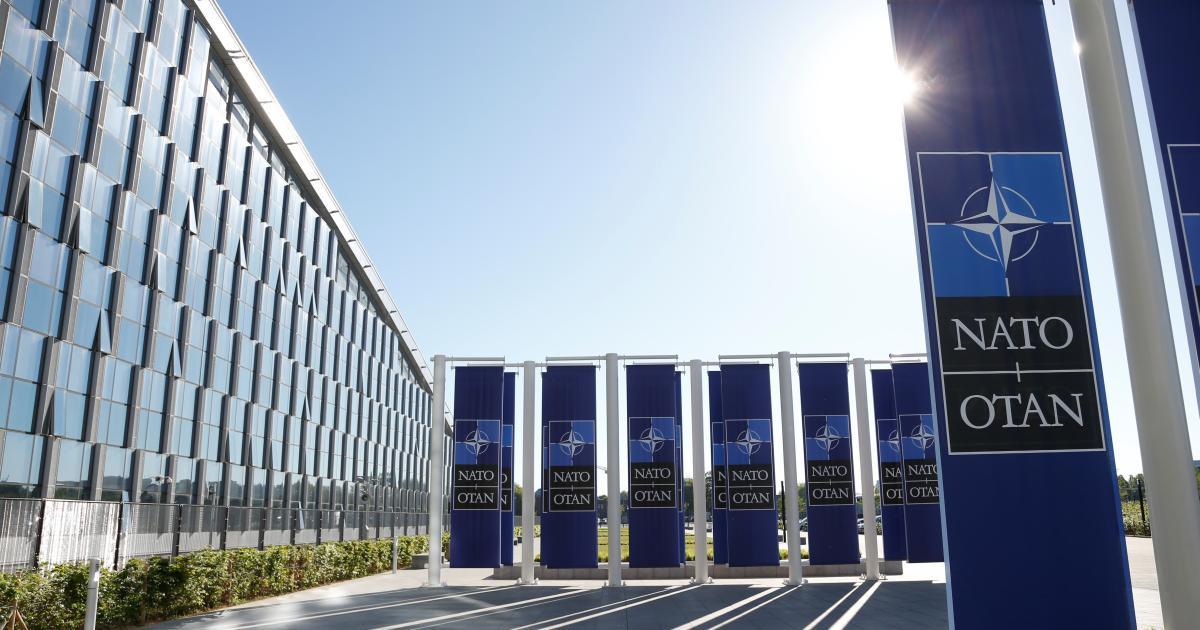
The Hague, Netherlands (Enmaeya News) — The NATO summit convened today in The Hague amid heightened security and growing geopolitical tensions. Delegates from 45 member countries gathered to address critical issues including defense spending, Russia’s threat to European security, and broader strategic challenges.
Trump Pushes for 5% Defense Spending
U.S. President Donald Trump set the tone with a call for NATO countries to spend at least 5% of their GDP on defense. This demand sparked pushbacks from several European leaders. Spain and Slovakia said the target was unrealistic, given domestic economic pressure.
To find common ground, NATO’s Secretary-General Mark Rutte proposed a revised plan: 3.5% of GDP for core defense budgets and another 1.5% for military capabilities like cyber defense and ammunition stockpiles.
Despite the disagreement, Rutte emphasized that the U.S. remains committed to NATO and that the alliance must adapt to new threats quickly.
NATO Moves Toward Military Modernization
Beyond spending, NATO leaders discussed how to improve their defense capabilities. The summit introduced new plans to strengthen missile defense, air systems, cybersecurity, and protection of undersea cables. A NATO Integrated Cyber Defense Center is also in the works, as allies adopt what Rutte called a "wartime mindset" focused on fast-tracking military readiness.
These upgrades are meant to prepare NATO for a new era of conflict that could include cyber warfare, hybrid threats, and traditional military attacks.
Trump Highlights Iran Strike and Ceasefire Talks
Trump highlighted recent U.S. military action in the Middle East. He confirmed the U.S. had struck Iranian nuclear facilities and claimed credit for brokering a ceasefire between Iran and Israel. Though Middle East issues were not on the formal agenda, Trump’s remarks shifted attention to the region and underlined NATO’s broader security concerns.
Ukraine’s Warning as Visibility Declines
Ukrainian President Volodymyr Zelenskyy issued a stark warning: “Russia could attack a NATO country within five years.” He urged members to deliver weapons faster and enforce stronger sanctions on Moscow.
However, Zelenskyy was left out of the main leaders’ session and only attended a working dinner, a sign of shifting priorities in some Western capitals. Still, Rutte promised more support for Ukraine, including €35 billion in aid over the coming year.
While Ukraine remains a top issue for many European countries, its reduced visibility at the summit highlights how global focus is also turning toward the Middle East.
The summit is expected to conclude with a brief statement reaffirming NATO unity, defense investment, and collective defense under Article 5 — the alliance’s core principle of collective defense — despite lingering disagreements.



